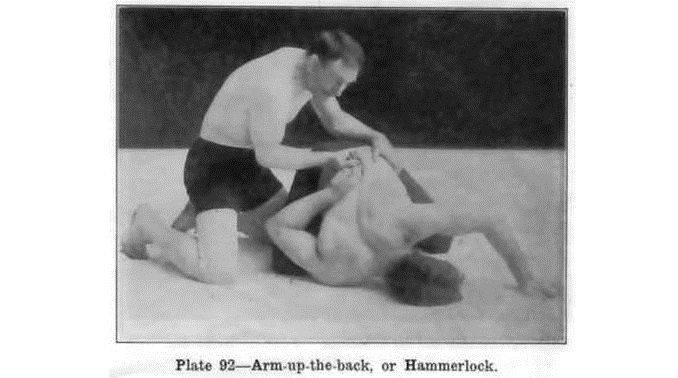This post was first published on 4th September, 2014.
India’s domestic Patent Laws have flourished prominently and recent patent rulings have suggested that Indian Patent Laws are consumer friendly. However, recent discussions with the US prompted a need for us to defend our IPR regime. In their view, the underlying Indian Law still tends to favor weaker rather than stronger protection of IP.
A number of issues raised in negotiations on TRIPS regime for implementation of Patent Laws in developing countries such as India have been selected to the satisfaction of developed counties such as the US and certain European countries. There are still a few issues which may be the subject of future interpretation in dispute settlement or in discussion in the TRIPS Council. Apart from Biological inventions and limits to patent rights such as Parallel Trade or Compulsory Licenses, this post covers other issues that will be discussed extensively in times to follow.
Patents for a new therapeutic use of a known substance: Presently, India is free, under the TRIPS regime, to consider such method-of-use patents to lack novelty or to be covered by the exclusion of medical methods of treatment. However, this issue may appear in the form of a demand for patents or at least for market exclusivity.
Patent term extension for pharmaceuticals (and agricultural chemicals): Such extension may be demanded in exchange for allowing generic manufacturers to undertake activities relating to market approvals during the patent term. India will have to preserve its balance between incentives for innovation and public interest, represented in this case by lower prices for the consumers.
Patents for computer software, including methods of conducting business: India would have to grant patents for inventions that integrally incorporated patentable software for functional purposes that is machines operated by such software but need not extend patent prosecution to software by itself. However, a demand may be made in future to allow patents for computer software, as such, including method of doing business. More work may be required to be undertaken in international organizations to examine the implications of the increasing trend to grant software patents in some developed countries. Expert meetings in WIPO may be the best forum to discuss this matter further.
Although we maintain our stand that our IPR regime is TRIPS compliant and not discriminatory or in violation of international norms, what has to be observed in times to come is whether the US Government will impose sanctions rather than discuss and conclude matters amicably. Our officials have made it clear than any sanction imposed will have to result in the US being dragged to WTO for a resolution.
All resolutions must focus on mapping the contours of a possible solution to tensions between the two countries on Intellectual Property issues.



